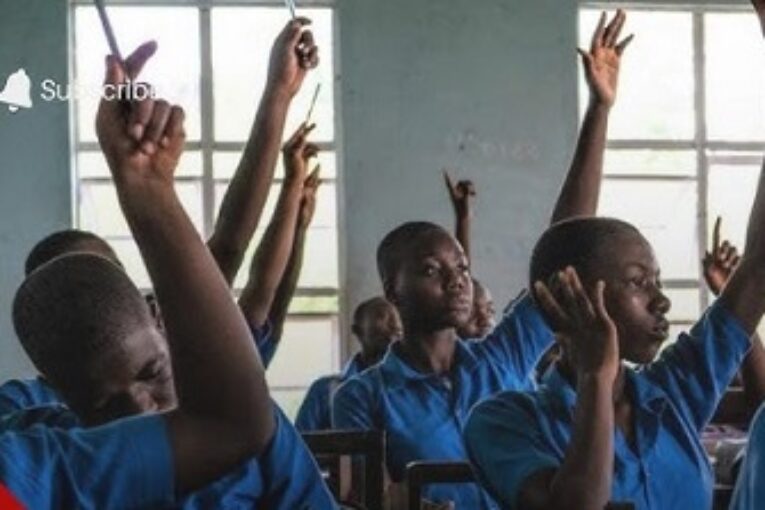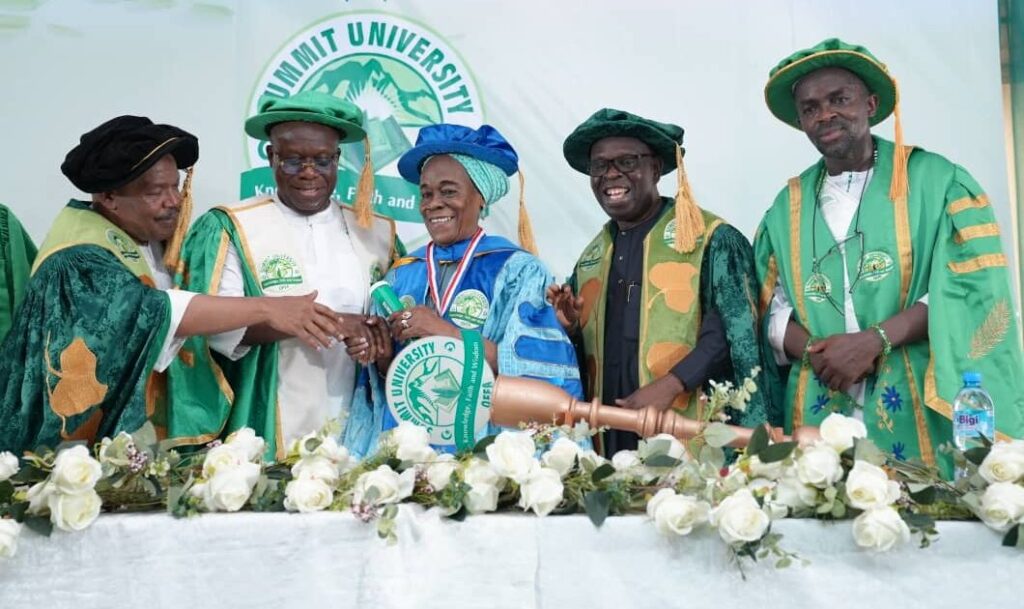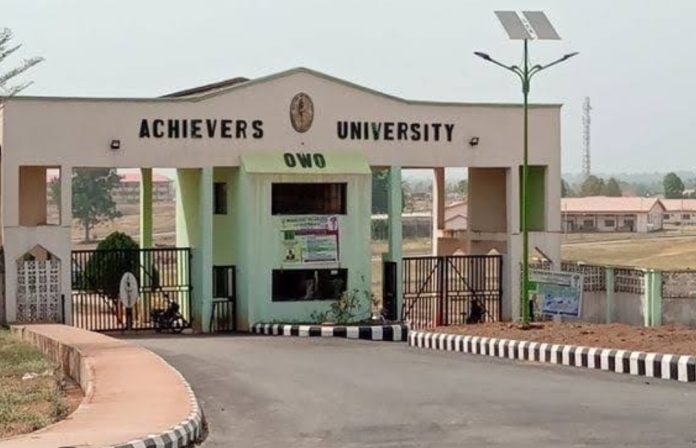
The Federal Government has said the implementation of the new curriculum for basic, secondary, and technical education will begin with the 2025/2026 academic session.
The Director of Press at the Ministry of Education, Folasade Boriowo, stated this on Saturday in an interview with our correspondent in Abuja.
Minister of State for Education, Prof Suwaiba Ahmad, in a statement issued on August 31, said the Federal Government had completed a comprehensive review of school curricula for basic, senior secondary, and technical education aimed at making Nigerian learners “future-ready.”
She explained that the new framework was designed to reduce content overload, improve learning outcomes, and ensure that students are equipped with skills relevant to today’s global demands.
“Under the revised structure, pupils in Primary 1–3 will study a minimum of nine and a maximum of 10 subjects; pupils in Primary 4–6 will take 10 to 12 subjects. Junior secondary students may offer 12 to 14 subjects, senior secondary students will take eight to nine subjects, and technical schools will offer nine to 11 subjects,” the ministry’s statement read.
When asked about the rollout timeline and plans for teacher training, Boriowo said, “This 2025/26. All necessary arrangements have been put in place for easy take-off of the policy.”
Under the new curriculum, senior secondary students will study expanded subjects including programming, artificial intelligence, data science, and cybersecurity, alongside existing core subjects.
Project-based work has also been introduced to strengthen practical learning and innovation.
Officials said the review was designed to align Nigeria’s education system with global trends and equip students with skills relevant to a modern economy.
The curriculum overhaul follows calls from industry stakeholders for schools to produce graduates with competencies in technology, creativity, and enterprise.
The government noted that implementation would include teacher training, provision of learning resources, and collaboration with private sector partners to support infrastructure for digital education.




